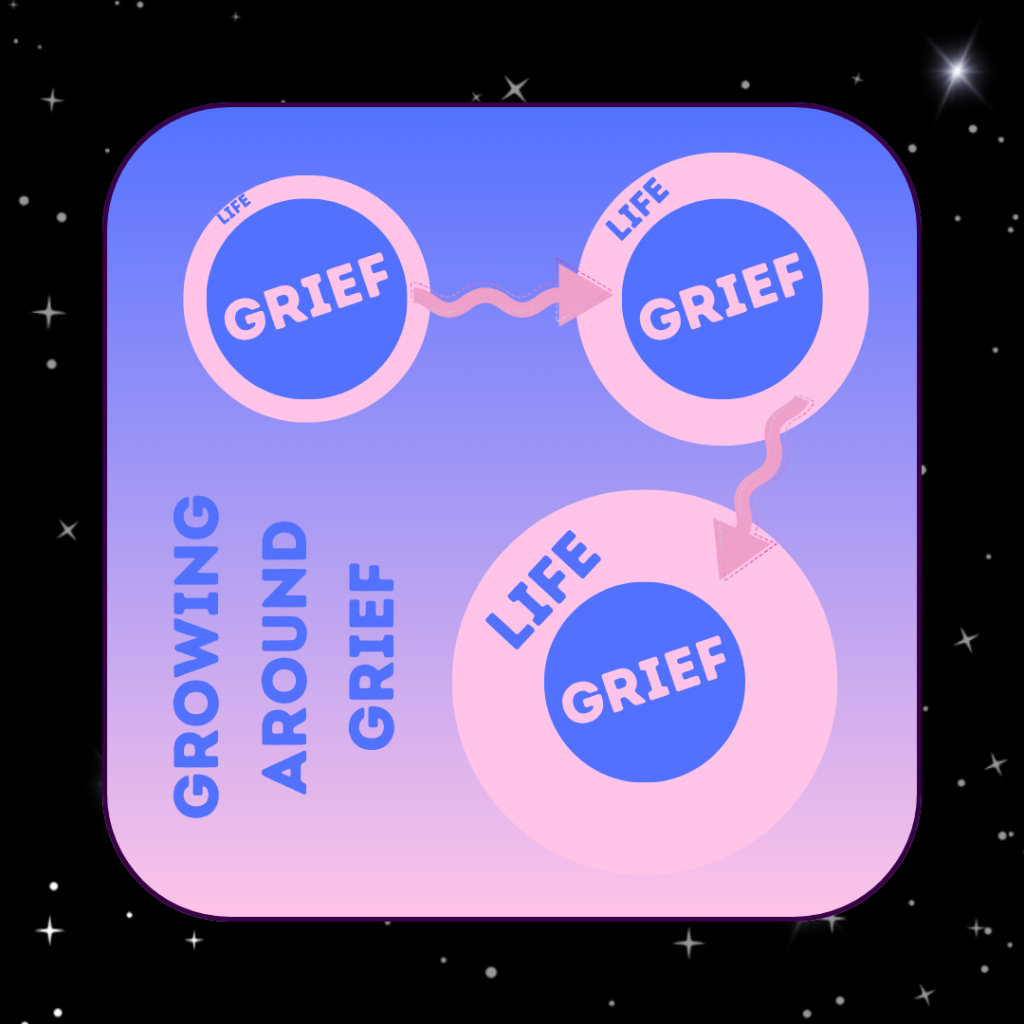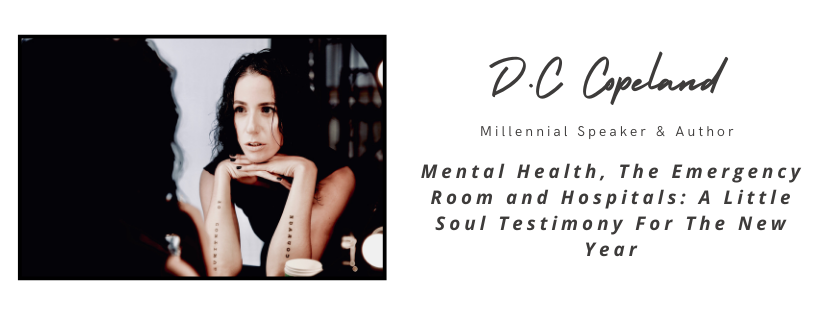While not a mental illness itself, grief derived from bereavements or other forms of loss can sometimes manifest and grow into them (for example, developing into or adding to depression).
Grief is a mixture of extremely powerful emotions, and all can be felt in quick succession or even at the same time.
Symptoms & Signs
Some signs and symptoms of grief from bereavement can look like:
- Numbness – usually the first reaction, and often described as “being in a daze”
- Overwhelming sadness – accompanied by a lot of spontaneous crying
- Guilt – either over emotions felt, not being able to prevent someone’s death, or about things you did or didn’t get to say to that person
- Exhaustion and extreme tiredness
- Sleep problems – such as insomnia or hypersomnia
- Changes to someone’s appetite – sometimes including rapid weight loss or gain
- Wanting to either isolate from other people, or constantly be around them
5 Stages of Grief
One of the most common and widely accepted models used for grief are the 5 stages.
Studies have shown many different emotions present during the grieving process, but the 5 most commonly found are:
- Denial – This usually manifests as shock, disbelief, and sometimes panic. It’s often portrayed at the initial reaction, relating to the feeling of numbness people commonly experience.
- Anger – This can show itself as blame, either towards yourself, other people, the entire situation, or even the person that has passed away. Some people feel guilty around feeling angry while grieving, but it is a valid and natural reaction during the grieving process.
- Depression – This stage is usually accompanied by feelings of hopelessness, while also isolating yourself from others. Someone may also feel very exhausted due to dealing with these strong emotions.
- Bargaining – The most common ways this presents itself are through “What if…?” questions, or even feelings of “It should have been me”. Some people may also feel guilty for many things, such as trying to move forward with their lives, or by not doing something differently for the person they have lost.
- Acceptance – This isn’t necessarily about someone being happy about the situation. The Acceptance stage is simply when someone feels as though they are ready to move forward and through their grief. It may be that they can move forwards with some aspects of their daily life more than others.
It is incredibly important to note that these stages are not linear. They can appear very unexpectedly, and often times very powerfully. It’s also important to remember that these emotions can be delayed, and may not show in a person all the time.
Growing Around Grief
This model was created by Lois Tonken during a session with one of their clients.

The idea of this model is that a person’s grief is unchanging and always there. But as a person goes through their daily life after their loss, their life “grows” around the grief, making it easier to move around and exist in their life around it.
The Growing Around Grief idea acknowledges that grief can sometimes be as intense as the first day, but that there becomes more and more space to exist surrounding the grief as you move through life afterwards
Grief and Child Loss
While losing someone is never easy, the loss of a baby or a child is one of the hardest things to experience and can make the 5 Stages we spoke about even more intense. It is important to remember your child through photos/ultrasounds and by talking about them.
If there are siblings, explain to them what has happened and – while it may prove very difficult while you are grieving yourself – try to help them process their emotions. Some siblings may believe it’s something they’ve done, but it is important to remind them that it is not their fault. If you’re struggling, sometimes it helps to get another family member or a close friend who knows the child to help them through their emotions too.
References & Useful Links
cruse.org.uk/understanding-grief/effects-of-grief/growing-around-grief/
https://www.nhs.uk/conditions/baby/support-and-services/losing-your-partner-or-child-in-pregnancy/
https://www.sands.org.uk/support-you/how-we-offer-support/memory-box
https://www.sands.org.uk/support-you/how-we-offer-support/sands-bereavement-support-book


